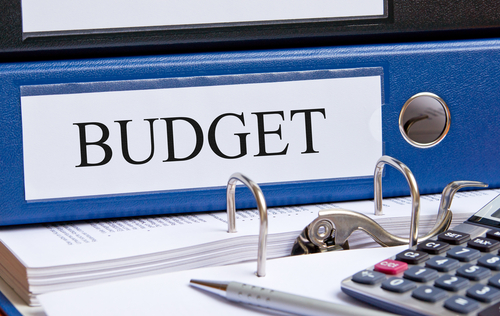Planning a wedding can be complicated – even more so than you probably realize at first – but by tackling the most important steps as early as possible, you’ll save money, time and stress. Furthermore, you’ll be able to enjoy your wedding day rested and relaxed, knowing you made the best decisions. Though it’s beyond the scope of this article to cover everything, following are some of the most important first steps you can take to ensure a well-planned wedding.
Build a Good Foundation
If you don’t know what kind of wedding you want right now, don’t worry; start with a wedding plan that includes all the basic necessities, and then you can add to it as you generate new ideas. Another approach is to plan the most lavish wedding you can think of and then whittle it down to something realistic, stripping away extra embellishments until you reach a reasonable compromise between your wants, reality and your budget.
When you’re building your basic plan, you’ll need to set a date, of course, so you should consider work schedules, day of the week, seasonal honeymoon ideas and other factors.
Pick a Theme and Envision the Atmosphere
What kind of wedding do you and your fiancé want? Do you want a church wedding or a secular one? Something unconventional? Formal or casual? Indoors or outside? See the big picture and envision the look and feel you want. Use your imagination and consider all the possibilities you find appealing, including destination weddings if you’re adventurous.
The Guest List: Make Your Best Guess Early
Without at least a good idea of how many guests will attend, it’s hard to book the right venue, plan a budget, settle on catering, organize the reception and make many other critical decisions, so try to get a good estimate. If your budget is tight, you must build your list accordingly. If you will have a generous budget, you can make the guest list first and then calculate the cost. Obviously, the larger the guest list, the more costly the wedding. Most important, get input from both sides early on to avoid any complications later. Some couples choose to invite close friends and family to the ceremony and open the reception to a larger crowd.
Set a Budget
Unless you have unlimited resources, this needs to be done as early as possible. Your budget will determine the size of the wedding, where it will be held, how many guests you can invite and how many compromises you will need to make (and you will probably need to make some). Determining how much you can spend is only part of the process. You also must figure out who is paying for what, and this should be settled quickly to give all parties plenty of time to meet their obligations.
List your priorities and spend time evaluating each to make sure they are worth the cost. Above all, don’t go into substantial debt, which could have a negative post-wedding impact on your finances. Your guests will be there to share your day, no matter how fancy or simple; they don’t want you to overspend trying to impress them.
Book a Venue
Once you have an estimate of how many guests will attend, it’s time to book venues for the wedding and reception. Book early to avoid scheduling conflicts and to ensure the venue can accommodate your guests and meet your expectations for atmosphere, décor, catering and budget. If you’re booking separate venues for the wedding and reception, make sure you coordinate start and end times.
Hire a Photographer and Other Vendors
Look for a reputable photographer and videographer as early as possible, as these professionals are often booked months ahead of time. If you are planning live music, book a band well in advance, as well as any catering you will need. Depending on how formal your wedding will be, you might need to shop early for florists as well.
Invitations and Other Early Steps
To avoid last-minute stress, choose and order your invitations as early as possible. Invitations should be sent a couple of months before the date.
Other early steps should include:
- Shop for a wedding dress, especially if you are custom ordering.
- Choose your attendants and what they will wear.
- If you’re planning a lavish honeymoon, especially overseas, plan early and make all necessary reservations and travel arrangements.
- Consider hiring a consultant if your budget allows it and you are short on time.
Planning your wedding may take anywhere from weeks to more than a year, depending on your situation. The best way to avoid stress and busted budgets is to start planning as early as possible, but keep in mind that your guests will be there to see you start your new life and to wish you well. Everything else is just icing on the cake.

